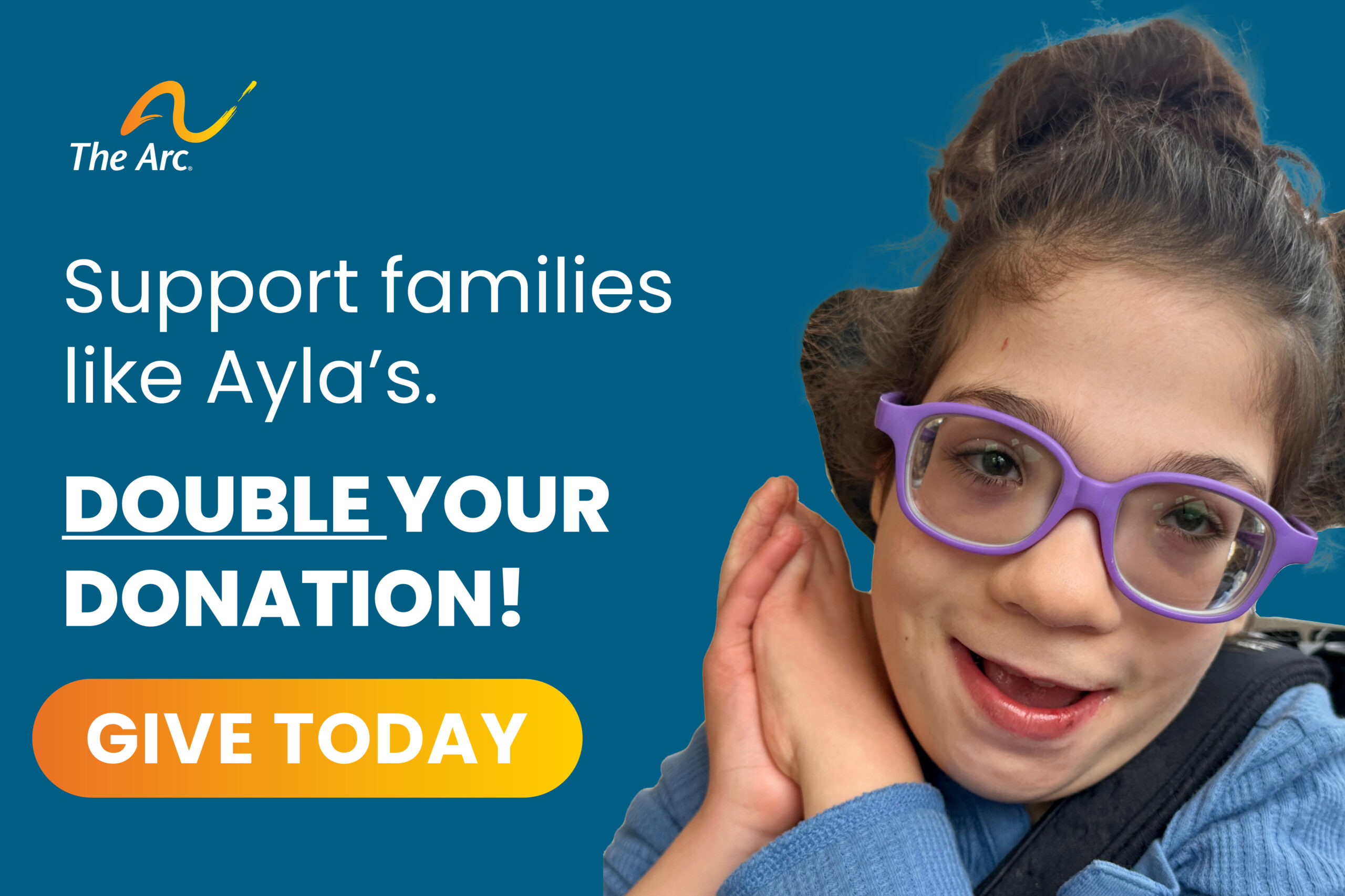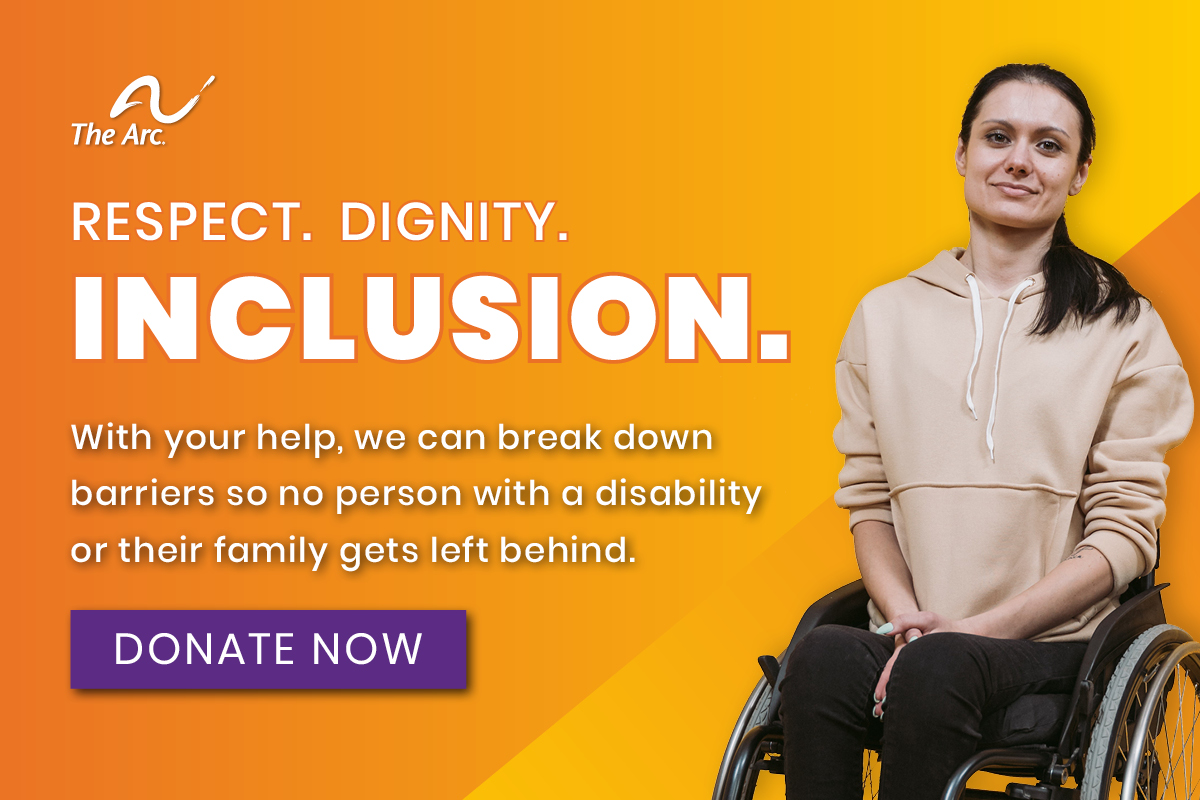Contents
- Introduction
- Children’s Income and Resource Eligibility for Supplemental Security Income
- Definitions of Childhood Disability for Supplemental Security Income
- Adult Income and Resource Eligibility for Supplemental Security Income
- Definitions of Adult Disability for Supplemental Security Income
- RSDI for Children and Adults
- How to Apply For Supplemental Security Income and Retirement Survivor’s Disability Insurance
- References
Introduction
There are two main programs of social security benefits for children and adults who have disabilities. They are Supplemental Security Income (SSI) and Retirement, Survivor’s, and Disability Insurance (RSDI). This section will outline the eligibility criteria and application procedures for SSI and RSDI for children and adults. Both the SSI and RSDI programs use the same disability criteria.
Children’s Income and Resource Eligibility for Supplemental Security Income
SSI for children is a financial program for families with low incomes and limited resources who have a child under the age of 18 with a disability that meets the Social Security Administration’s (SSA) definition. Families must meet financial eligibility based on the number of children and adults in the home and the types and amounts of income and resources. The calculation of how much SSI the child is due depends on what is called deeming. Earned and unearned income is deemed available to the eligible child after taking into account the needs of other members’ basic living expenses. If the family has very low income and resources, the child may be eligible for the full SSI payment, which is $674 a month in 2011. Depending on the deeming process, a child may receive any amount from $1 to $674. In many states qualifying for SSI means automatic Medicaid eligibility for the child with the disability. Medicaid eligibility can bring other program and financial supports to the family.
Total income includes earnings from any work and unearned income such as pension, dividends from stocks and child support. Earned and unearned income is treated differently when calculations for the amount of the SSI check are made. For example the first $85 of earnings from work are disregarded and then $1 for every $2 earned is deducted from the SSI amount. In another example, only two-thirds of child support is counted while every dollar of other types of unearned income would be counted against the SSI check after a $20 unearned income disregard. Income must be reported monthly and will impact the SSI check 2 months later.
Resources consist of bank accounts, cash, retirement accounts, stocks and bonds, insurance policies with a cash surrender value, and property you own but don’t live in and other valuables. There are exemptions to the resources limitations such as owning an irrevocable funeral plan. Resource limits are $3,000 for a couple and an additional $2,000 for the child who has the disability.
Definitions of Childhood Disability for Supplemental Security Income
The Social Security Administration defines different disability categories that can be found in their publication called Disability Evaluation under Social Security, sometimes referred to as the Blue Book. Warning: the Social Security Administration does not use Person First language. Autism and autism spectrum disorders are listed as 112.10 Autistic Disorder and Other Pervasive Developmental Disorders under Mental Disorders. Children must meet the A and B criteria.
A. Medically documented findings of the following:
1. For autistic disorder, all of the following:
a. Qualitative deficits in the development of reciprocal social interaction; and
b. Qualitative deficits in verbal and nonverbal communication and in imaginative activity; and
c. Markedly restricted repertoire of activities and interests;
or
2. For other pervasive developmental disabilities, both of the following:
a. Qualitative deficits in the development of reciprocal social interaction; and
b. Qualitative deficits in verbal and nonverbal communication and in imaginative activity;
and
B. Impairment-related functional limitations are dependent on the child’s age and must be documented medically. The functional restrictions in paragraph B must be the result of the autistic disorder or pervasive developmental disability. A child aged 1 to 3 years would meet criteria if their communication or cognition or gross or fine motor development or social functioning is no more than one-half of the child’s chronological age. For older children ages three to 18 years, they must have a two areas of marked impairment in:
a. age appropriate cognitive/communicative function
b. age appropriate social functioning
c. age appropriate personal functioning
d. difficulties in maintaining concentration, persistence or pace
The above functional limitations for older children should be documented by medical sources as well as reports from parents and others who know the child well. Parents can write a letter describing the impact of their child’s disability on these areas. Information from teachers, friends, and others who interact with the child regularly can be valuable in providing a picture of the child’s functioning in his or her daily life. When disability for a child is determined impairments in acquiring and using information, attending and completing tasks, interacting and relating with others, moving about and manipulating objects, caring for self, and heath and physical well-being are all considered. Other developmental disabilities may be found online in the Blue Book under Childhood Listings (Part B), 112.00 Mental Disorders.
Adult Income and Resource Eligibility for Supplemental Security Income
When children with disabilities who have been receiving SSI and/or RSDI turn 18 years old they must apply again for these programs as an adult. If the child had not been eligible he or she might be eligible for SSI as an adult. This is because different medical criteria apply and income and resources are counted differently for adults. One difference is that the adult must meet the disability criteria as well as not be able to work at a substantial level which is defined in 2011 as the ability to make more than $1,000 a month.
In most instances the young adult is considered a household of one. This means that only his or her income and resources are counted. However if this young adult is living with family or others and is not able to pay this or her fair share of living expenses the young person could have a reduction of one-third in their SSI amount as the living expenses are considered subsidized. Income from a spouse is also counted toward total income. With earned income, every month the first $85 is disregarded and what remains decreases the SSI amount by $1 for every $2 earned. Unearned income such as a pension or social security benefits received on a deceased, retired or disabled parent have a disregard of $20 a month and then decrease the SSI amount $1 for $1. The resource limit for an individual is $2,000 and $3,000 for a couple.
Definitions of Adult Disability for Supplemental Security Income
Adult definitions of disability are also found in Disability Evaluation under Social Security (aka the Blue Book) under the Mental Disorders section. The adult section is labeled 12.10 Autistic Disorder and Other Pervasive Developmental Disorders. Again both the A and B criteria must be met.
A. Medically documented findings of the following:
1. For autistic disorder, all of the following:
a. Qualitative deficits in reciprocal social interaction; and
b. Qualitative deficits in verbal and nonverbal communication and in imaginative activity; and
c. Markedly restricted repertoire of activities and interests;
or
2. For other pervasive developmental disabilities, both of the following:
a. Qualitative deficits in the development of reciprocal social interaction; and
b. Qualitative deficits in verbal and nonverbal communication and in imaginative activity;
and
B. Resulting in two of the following:
- Marked restriction of activities of daily living; or
- Marked difficulties in maintaining social functioning; or
- Marked difficulties in maintaining concentration, persistence, or pace; or
- Repeated episodes of decompensation, each of extended duration
Remember while a medical diagnosis is neceSSAry, parents, teachers, friends and others can provide important information about the limitations on the person’s ability to handle daily living activities and social interactions. Giving concrete examples of where the person struggles help give the disability determiner a picture that cannot be found in a medical document or psychological evaluation.
RSDI for Children and Adults
Children and adults may be eligible for social security benefits based on an insured worker’s account. The insured worker can be a parent, spouse, or the person applying. Children under age 18 with and without disabilities are eligible for social security benefits if a parent (and sometimes a caretaker grandparent) are disabled, deceased or retired. If the Social Security Administration finds an adult disabled before the age of 22 he or she may be eligible for RSDI. The disability criteria are the same for RSDI as it is for SSI (see above Definitions of Adult Disability for SSI). If the RSDI is a less than the full SSI benefit, the child or adult might be eligible for SSI as well. This is called concurrent benefits and the total is $20 more than the SSI amount of $674 (in 2011). Persons who are eligible for RSDI as adults are eligible for Medicare after 24 months.
How to Apply For Supplemental Security Income and Retirement Survivor’s Disability Insurance
Starting the application for SSI and RSDI can be done on line at www.ssa.gov or by calling 1-800-772-1213 or be visiting your local Social Security Administration office. This first step will ensure your protected filing date. After the initial application is completed the file is sent to your state’s Disability Determination Services (DDS). You will begin receiving mail from them within a few weeks including forms to be completed. It is important to be in regular communication with the DDS claims manager to make sure they have received all the medical, education and other supporting documentation for determining disability. You can also gather information and send it in yourself as well as letters as discussed above. When you receive paperwork fill it out completely with plenty of examples of the difficulties the person faces in their daily living activities and return it promptly. If SSA sends the child or adult to a doctor for a consultative exam it is important that they go. Not turning in requested paperwork or miSSIng appointments can be a reason for the process to be stopped and the application denied.
If the application is denied for any reason always seek out a representative for the appeal process. There are attorneys and non-attorneys who specialize in social security law who can represent you in an appeal process. They are paid if they win your case out of the back benefits with limitations set by SSA. Contact the National Organization of Social Security Claim representatives at www.nosscr.org f or the National Association of Disability Representatives at www.nadr.org for individual state contact information for their members.
References
- The publications cited below and much more information can be found at the Social Security Administration website.
- An advocate’s manual written by Marsha Rose Katz, called Don’t Look for Logic: An Advocate’s Manual for Negotiating the SSI and SSDI Programs.


